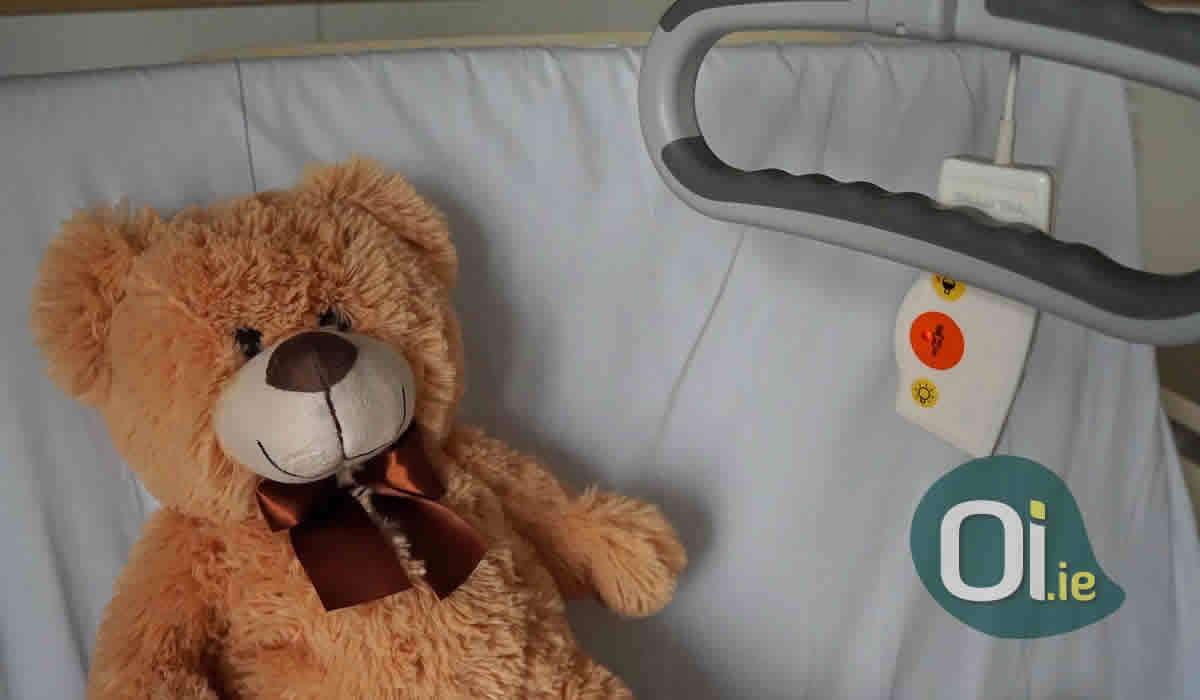When we move to another country, or plan a longer stay, one of our concerns is the healthcare system. Is it easy to make an appointment? Are the emergency rooms full? Is there free service? These are some of the questions that cross our minds.
So if you’re wondering how the healthcare system in Ireland works, we’ll help you understand how it works. First of all, you should know that there is no complex free system like the Sistema Único de Saúde (SUS) in Brazil.
Although it is a complex subject with many variables, it is worth understanding some basic information about the healthcare system in Ireland.
Is the system public or private?
Here in Brazil we basically have two options for medical care: public and private. In addition, private care can be triggered through private medical plans.
In Ireland, things are a little more complex and work in a hybrid way. It is estimated that 100% of the Irish population has government health insurance, however just over a third only use the system completely free of charge.
Therefore, although there is a public health network, the citizen, as a rule, has to pay for it. Therefore, the government offers a wide range of professionals and health facilities for medical care, however, the majority of the population has to pay to receive care.
In some cases, of people in a situation of vulnerability, it is possible for the citizen to get all the care free of charge, as long as he is duly registered in the government system and has a card called Medical Card.
On average, the consultation with the general practitioner costs $50 Euros. If necessary, he refers to a specialist or to the emergency service, if applicable. In urgent situations, the service fee is $100 Euros.
However, when the general practitioner refers you to emergency care, you only pay the price of the consultation with the general practitioner.
How is the service network?
This public system is managed by a body called the Health Services Executive (SMS), which provides services. The system is very broad, with several types of care and accessible exams.
For a long time, Ireland’s healthcare system was a critical point, however, in the last decade, the country has been able to improve its healthcare structure a lot. Funding has increased, basic health has undergone some improvements and the system has undergone minor adaptations that made services more efficient. With all this, Ireland has become a country with one of the best healthcare systems in Europe.
Therefore, despite not being a 100% free system, public health in Ireland is complete and well structured.
Get health insurance
The tip for Brazilians, especially students, is to get health insurance, which has coverage of at least $3000 Euros. If you are organizing your exchange with an agency, this insurance is probably already included. If you are organizing a trip on your own, you must purchase insurance that meets European standards.
So, if you are planning to go to Ireland, and you would like to know how the country’s health system works, you already know that, although it is not a completely free system, like the SUS, it is an efficient and satisfactory system, which will certainly , meet your needs.





